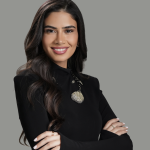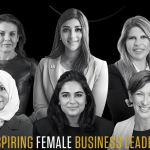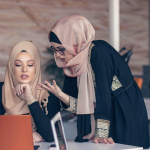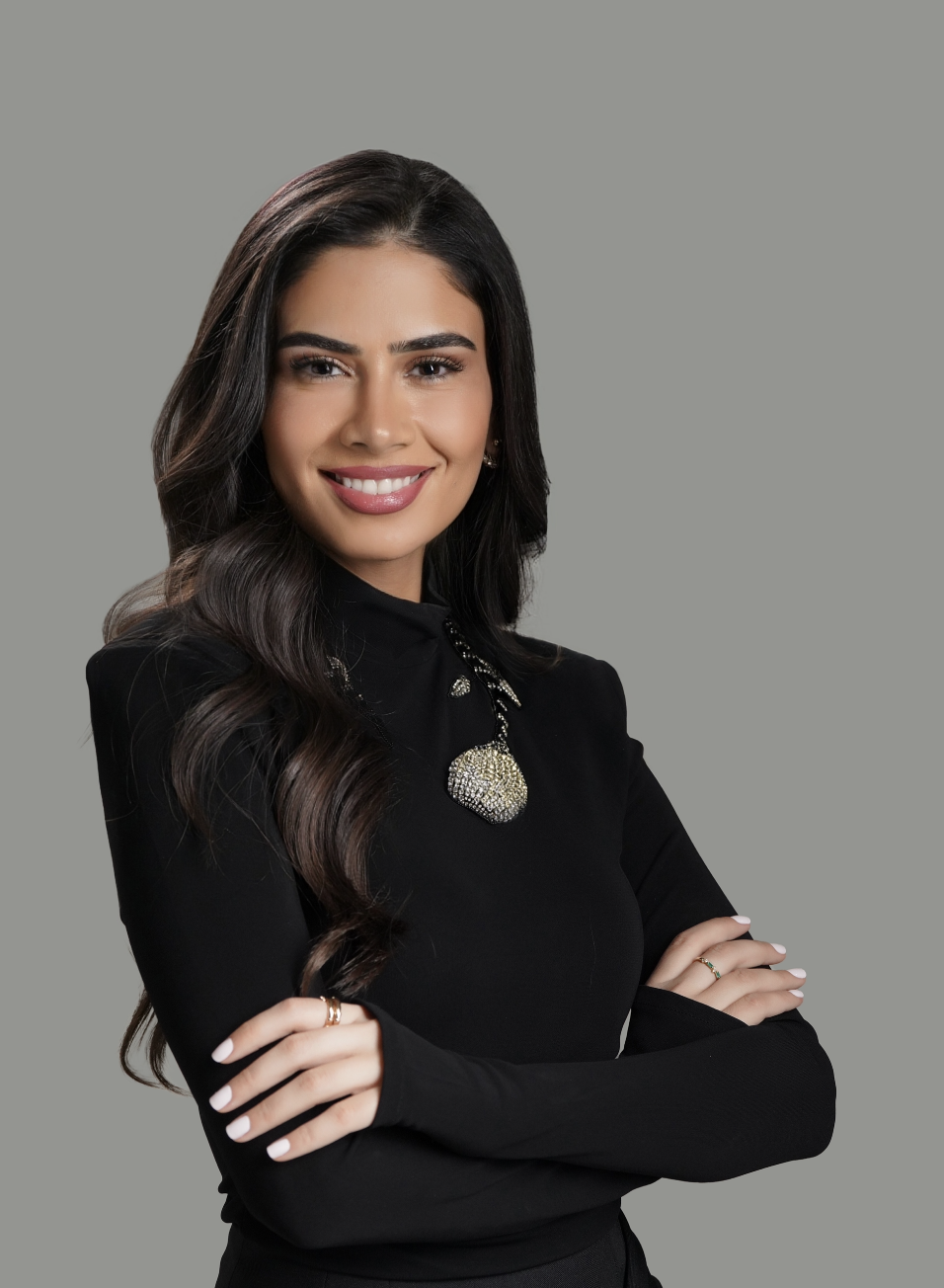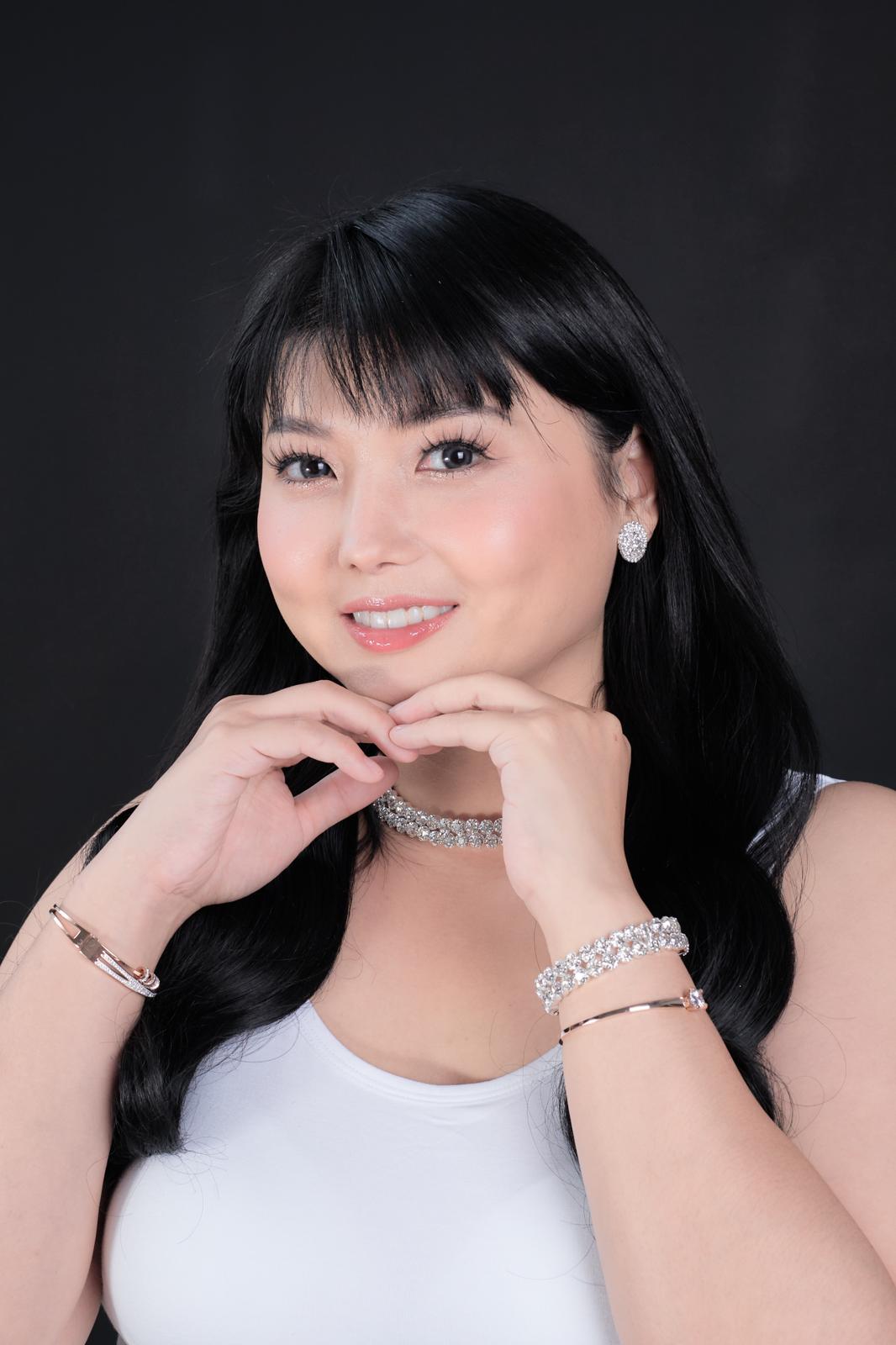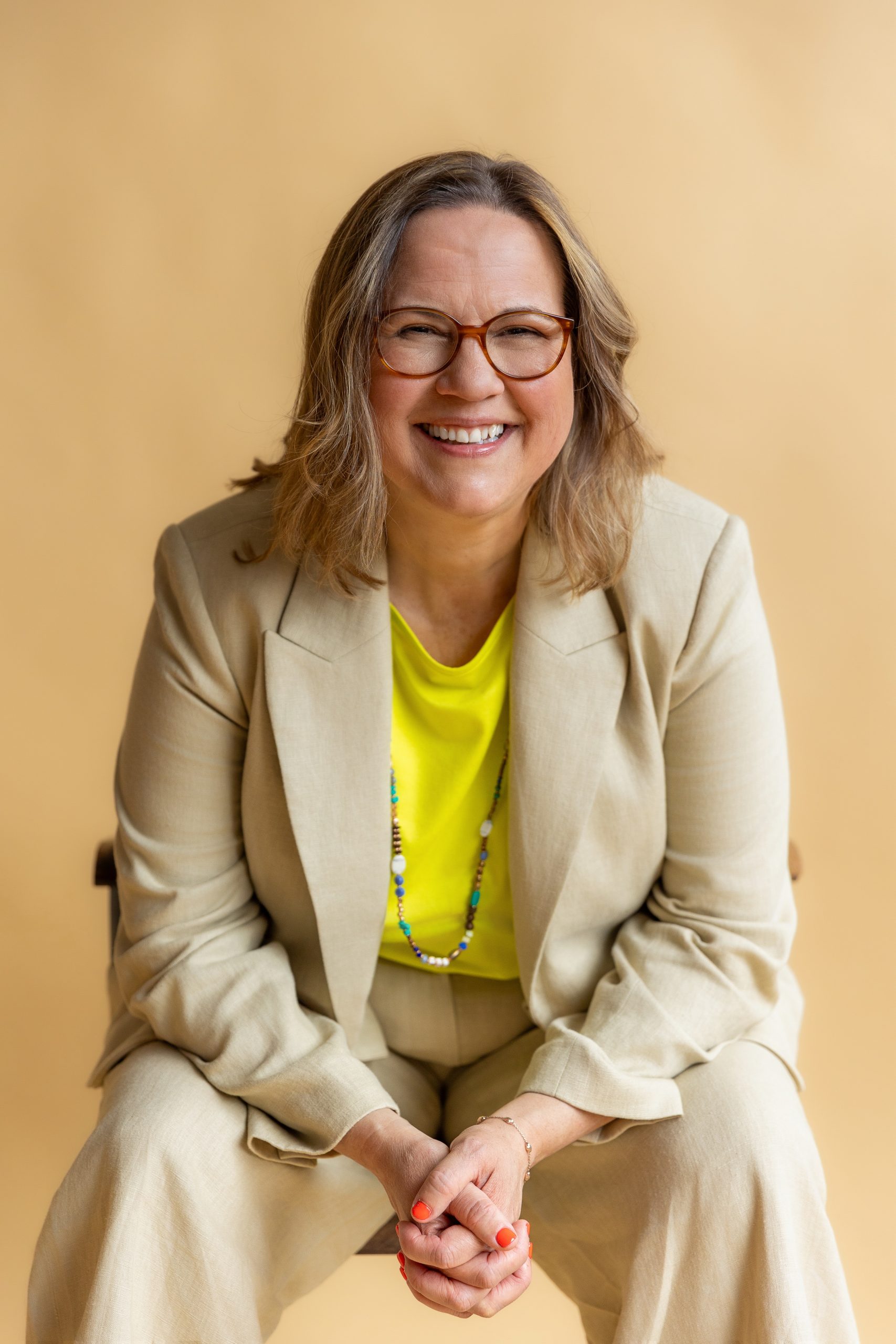Saudi Arabia’s astronauts Rayyanah Barnawi (L) and Ali al-Qarni (R) say they are excited and proud to embark on Kingdom’s mission to outer space.
Barnawi and al-Qarni joined their Axiom Mission 2 (Ax-2) crew members, Peggy Whitson, and John Shoffner, for a news conference earlier this week. They spoke about the mission, its objectives, and their expectations for the journey.
The mission has been hailed as a historic mission, with Barnawi being the first Arab female in space.
“I am very happy and honored to be here today representing the government of Saudi Arabia and the Saudi Space Commission as the first Saudi woman astronaut going to the International Space Station,” Barnawi said.
She added that she expects and hopes that the mission will be a successful one where the crew has “plenty of research to do on board the station.”
“I am sure we’re going to enjoy this mission,” Barnawi said, speaking alongside the crew members, who are in quarantine ahead of the launch on Sunday, May 21.
Barnawi also said she was “very honored and happy to be representing all the dreams and all the hopes of all the people in Saudi Arabia and all the women back home and in the region.”
For his part, al-Qarni described his excitement for embarking on this journey.
“We are really thrilled and excited for our mission and to represent Saudi Arabia on this journey,” he said. According to al-Qarni, both astronauts will take traditional Saudi coffee and dates to the ISS to share with other crew members.
“I am really looking forward to all the experiments that we are going to be conducting on board the International Space Station.”
The four-member Ax-2 crew is expected to conduct innovation and scientific research. The mission aligns with Saudi Vision 2030 and will help Saudi Arabia act as a main contributor to space scientific research efforts and space exploration.
Axiom Space said on its website that over 20 different experiments will be conducted where “data collected in-flight will impact understanding of human physiology on Earth and on-orbit, as well as establish the utility of novel technologies that could be used for future human spaceflight pursuits and humankind on Earth.”
During the news conference, al-Qarni also noted that three educational awareness experiments will be done with students via a live feed.
With their journey to the ISS, Barnawi and al-Qarni will also join Emirati astronaut Sultan al-Neyadi, who blasted into space in March from NASA’s Kennedy Space Center in the US state of Florida.
Barnawi and al-Qarni said that the fact that there will be three Arab astronauts onboard the ISS will send a message of inspiration that as “Arab[s] we are holding hands, we are working together for the betterment of humanity,” al-Qarni said.
“It will be very interesting for us to be together, working together on board the station which will show the national collaboration and the unity that space has,” Barnawi added.





